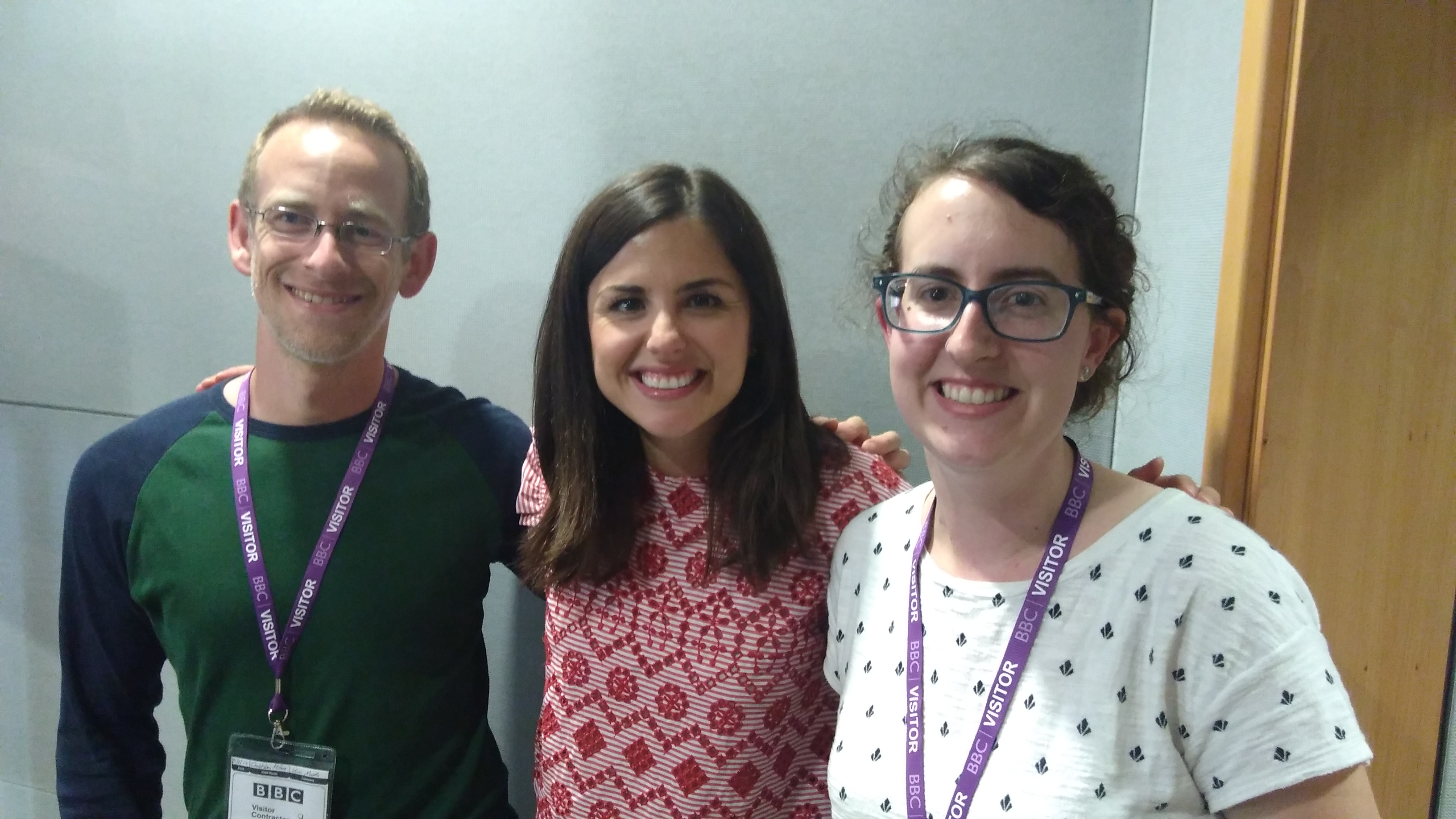Climate clues buried in the Arctic seafloor

What’s the link between the ocean floor and climate change?
The question was put by BBC Radio Leeds presenter Keeley Donovan to Dr Christian Maerz, Principal Investigator for the ChAOS (Changing Arctic Ocean Seafloor) project, who admitted the connection wasn’t an obvious one.
“The ocean floor is the ultimate burial ground for carbon, if you will – basically, dead algae. These algae have at some point lived on the surface of the ocean, where they’ve photosynthesised, like trees and grass do,” he explained.
“They’ve taken up CO2 from the atmosphere and stored it in their bodies and then they sink to the seafloor, get buried, and in that way remove CO2 from the atmosphere and help limit the CO2-induced greenhouse effect.”
Dr Maerz and colleague Dr Allyson Tessin, from the School of Earth and Environment at the University of Leeds, will be setting out on a cruise to the Barents Sea onboard the RRS James Clark Ross this Friday (30 June) from Southhampton. They called in to the BBC Yorkshire studios to talk about the project on Paul Hudson’s Weather Show for BBC Radio Leeds (broadcast 24 June in Yorkshire and 26 June on BBC Radio Lincolnshire).
The cruise, which will spend 30 days sampling the Arctic Ocean at five specific points on a north-south transect, brings together the ChAOS team with three other NERC (Natural Environment Research Council) funded projects all studying the impact of climate change on the Arctic Ocean.
“Most stations in the transect aren’t covered by winter sea ice. The northern ones are – they used to be covered in summer too, but things have changed,” said Dr Maerz. “We want to see how these sea ice conditions have imprinted on all the animals and the chemical processes on the seabed floor.”
The interview also touched on the muddy nature of the ChAOS team’s work and the formalities of ship life. All men have to wear a collared shirt and jeans are not permitted for dinner. “I’m planning to wear a cocktail dress,” joked Allyson.
It might not all be plain sailing for the former University of Michigan geologist, though, for whom this is her first trip sampling sediment.
Asked what the weather was going to be like in the Arctic, Christian Maerz said, “It might be quite rocky.”
The interview is available on BBC iPlayer Radio until 22 July (starts 11.14 minutes in)
Featured image (left to right): Christian Maerz, Keeley Donovan and Allyson Tessin (photo: Trish Cooper)
